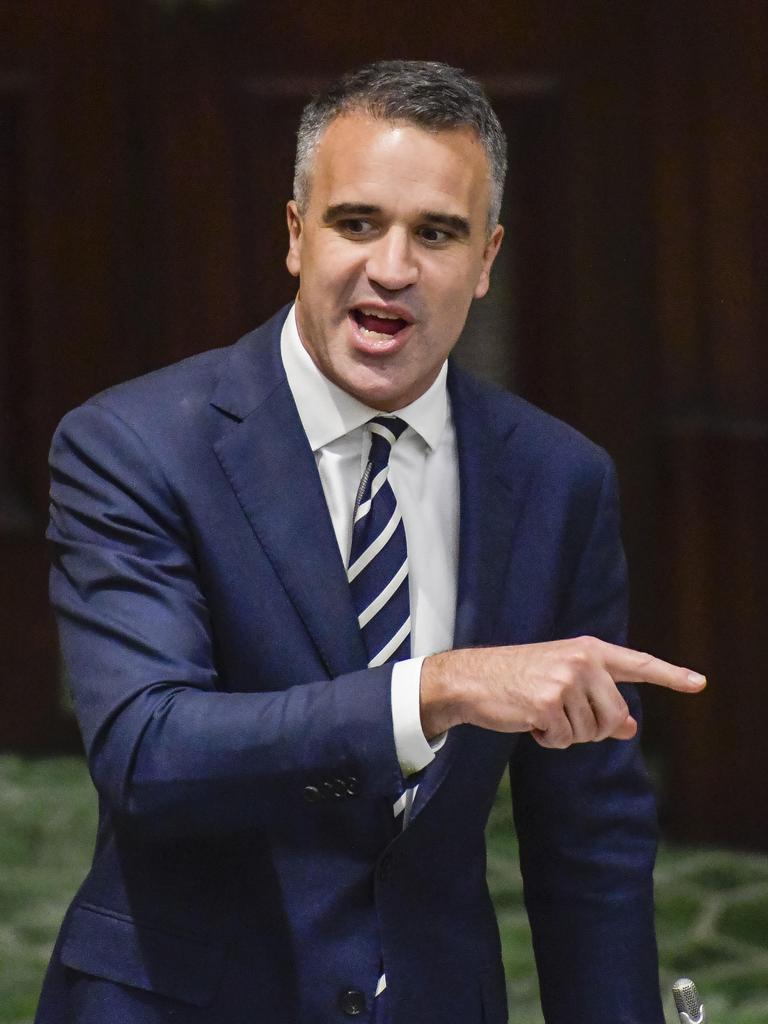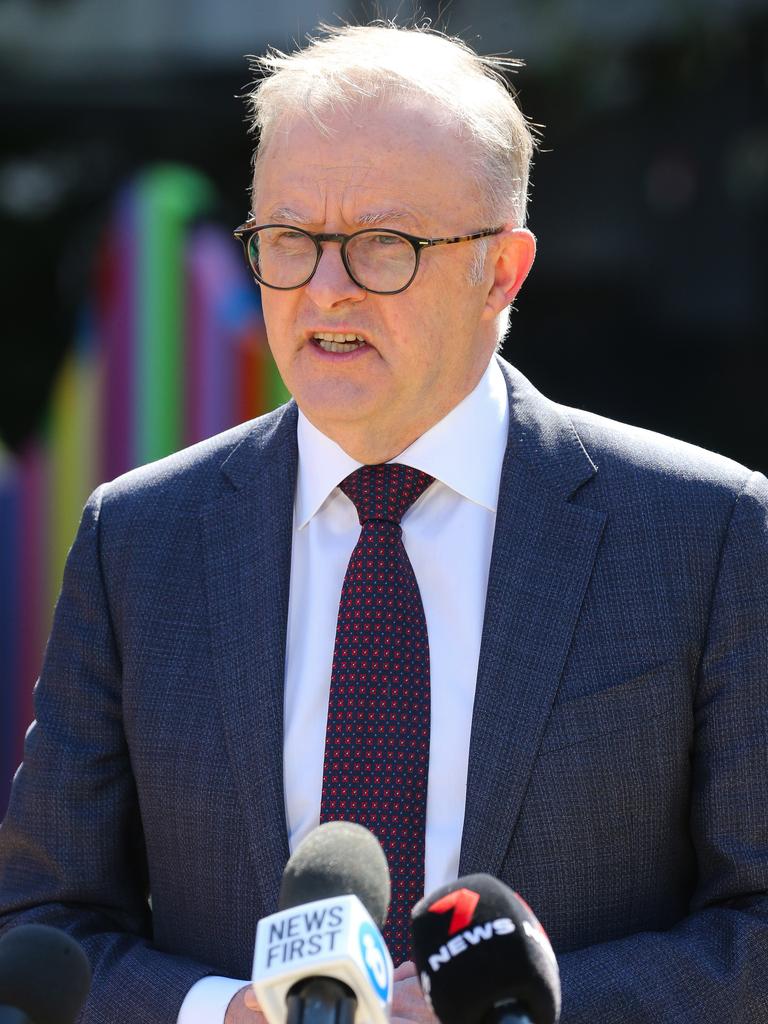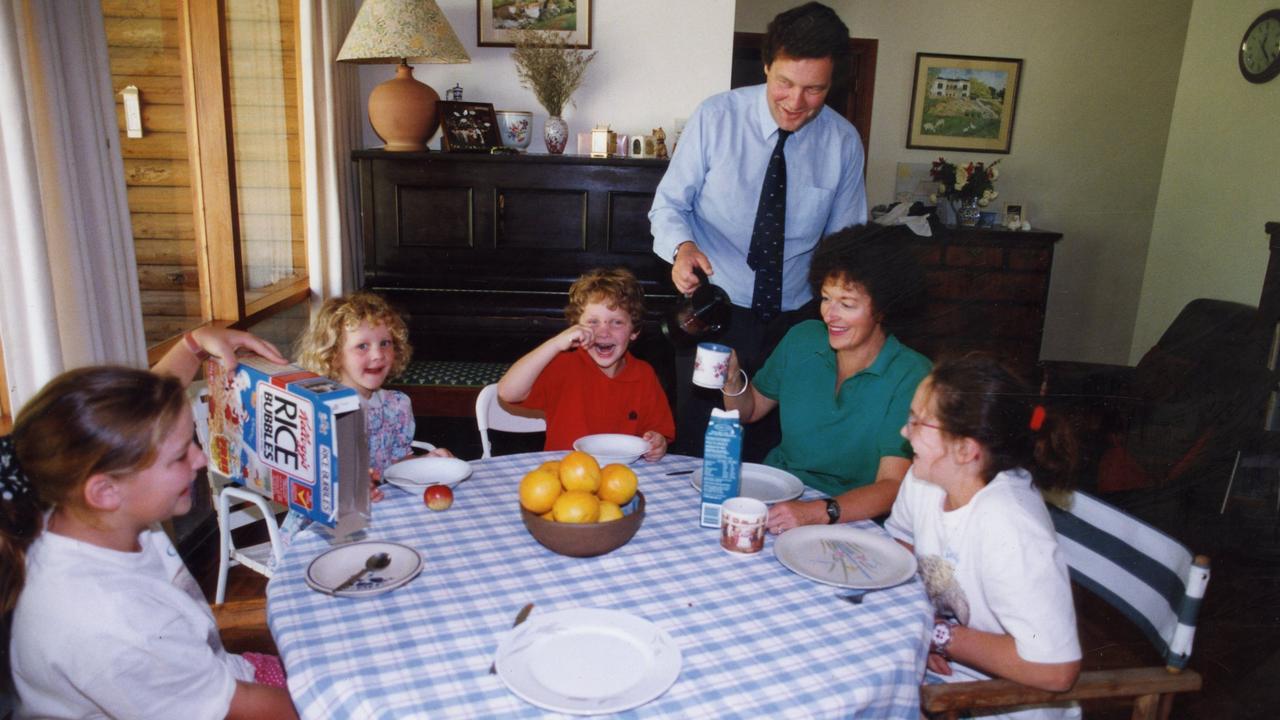Social media bans don’t go far enough. Parents should ban smart phones like my parents banned TV in the 60s | Alexander Downer
My parents made a bold choice back in the 1960s that looks very wise in hindsight, writes Alexander Downer.
Opinion
Don't miss out on the headlines from Opinion. Followed categories will be added to My News.
One of my political opponents’ favourite taunts is that I am “privileged”.
By that they are referring to my parents having been financially well off and my father a minister in the Menzies government.
I don’t think they mean to be kind in saying that. Quite the contrary. They hope people will think less of me.
But actually, I agree with them.
I am privileged but not in the way they think. The greatest privilege I have had is that both of my parents truly loved me and my sisters when we were children.
No matter what disasters occurred to us at school or when playing with our friends, our parents were always there to support us.
What is more, our parents wanted the best for us and always hoped we would turn out better than they had been. I fear they were disappointed.
TELL US WHY IN THE COMMENTS
Not only did they encourage us all to read books and to try to understand history but they were enthusiastic about us completing our homework after school. And here’s the point.
Through the 1960s they refused to have a television set in our house. Our parents thought TV would become a huge distraction for us and would inhibit development.
They wanted us to learn to play and from time to time to study not just sit in front of the television.
This analysis, I suspect you are thinking as you read this, may have been wrong. But still, the thought is an interesting idea.
My wife and I banned our children from watching television on school nights, but we relented at the weekend.
Which brings us to today and the debate about banning children’s access to social media.
This is a proposal of the South Australian government which has gone national.


Indeed, the new British Labour government has publicly said it is closely following the South Australian plan with a view to implementing a similar ban itself.
The idea of banning access by children under 16 to social media is sensible in principle but I doubt that it will be easy to implement.
It’s not the state which should be banning children from social media. That should be the responsibility of their parents. Any system the state introduces will have to be implemented by their parents in any case.
What is more, I’m not totally persuaded that their access to social media is in and of itself the core problem.
The problem is deeper than that.
The evidence seems to suggest that it is access to smartphones which is the problem.

The data is compelling.
Smartphones spread through the community in around 2012/2013. This was also the beginning of the mental health decline of Gen Z.
In the US in 2011, 23% of US teens had a smartphone.
By 2016, 79% of them had a smartphone including 28% of children between eight and 12 years old. In that period between 2012 and 2020 there was a commensurate sharp increase in the mental health problems of GenZ.
The data in Australia seems to be very similar.
Between 2010 and 2020 there was an 81% increase in female teens’ and young adults’ admission to hospital for psychiatric emergencies. There was a 51% increase for boys. Data shows a similar trend in the UK, Canada and the Nordic countries.
Analysis shows that GenZ spend almost all their time on their mobile phones.
They might be following social media but they might be looking at any manner of other material which is not necessarily harmful.
But when they are playing with their phones, they are not playing or interacting with each other. Their social interaction is virtual, not real.
What is more, they are not learning to play or participating in sport outside of fixed periods.
Not only is this inhibiting the social development of children but it is also reducing their concentration at school and for that matter, at home on what might otherwise be time devoted to homework or friends and family.
We should be deeply worried about the increase in mental health problems of children. It should be a major social and political challenge to address this and our State government deserves credit for understanding that.
But the people who really need to understand this are the parents.
They need to regulate the use of smartphones by children, not just depend on the state to come up with some fancy regulation for access to social media.
In the end, it’s the parents who need the education about what they should allow and not allow their children to do, not the politicians.
We’ve moved away from the concept of parental responsibility in public discourse and that is a major mistake. It is the behaviour of individual families which is going to determine the happiness and success of future generations, not a plethora of new laws and regulations.
Alexander Downer was foreign affairs minister from 1996-2007, and high commissioner to the United Kingdom from 2014-18.
More Coverage
Originally published as Social media bans don’t go far enough. Parents should ban smart phones like my parents banned TV in the 60s | Alexander Downer









